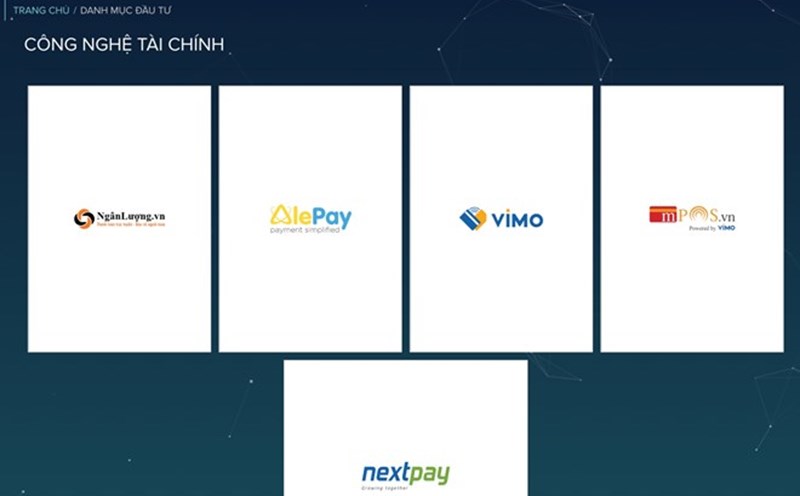The current AI explosion is not just a story of models and software, but also a race to build a billion-dollar infrastructure.
Nvidia CEO Jensen Huang estimates that by the end of the decade, about $3.4 trillion will be spent on AI infrastructure, primarily from AI development companies.
This huge demand puts great pressure on the power grid and limits the construction capacity of the technology industry.
One of the most important turning points was Microsoft's $1 billion investment in OpenAI in 2019, making Microsoft the exclusive cloud provider for the organization.
Over time, the investment has expanded to nearly $14 billion, primarily in the form of Azure cloud credit.
This partnership has helped Microsoft increase Microsoft Azure sales, while OpenAI has received huge resources to develop AI models.
Recently, OpenAI announced that it will no longer use Microsoft's cloud platform monopoly, opening up opportunities for cooperation with other suppliers.
Similar agreements have also occurred in many other places. Anthropic received $8 billion from Amazon, while Google Cloud signed as a computing partner for smaller AI companies.
Nvidia also increased its influence, investing $100 billion in OpenAI and collaborating with Elon Musk's xAI to provide GPUs for the giant AI data centers.
Meanwhile, Oracle also rose strongly. In 2025, the company signed two major deals with OpenAI: the first is a $30 billion cloud contract, followed by a five-year, $300 billion deal for computing power, expected to start in 2027.
These deals strengthen Oracles position as a leading AI infrastructure provider and help the companys stock skyrocket.
Large corporations like Meta are not left out either. The company plans to spend $600 billion on US infrastructure by 2028, including a multi-dollar Hyperion data center in Louisiana with a capacity of 5 gigawatt, connected to a nuclear power plant.
Another center, Prometheus in Ohio, is expected to use natural gas and be operational in 2026. However, these projects also come with significant environmental costs, typically xAI's facility in Tennessee, which causes large air pollution.
In addition, international joint ventures are also participating in the game. The Stargate project, a partnership between softBank, OpenAI and Oracle, announced under the supervision of President Trump, is expected to invest $500 billion to build eight data centers in Abilene, Texas, to be completed by the end of 2026.
Despite initial concerns about capital and motivation, the project continues to be implemented, promising to become one of the world's largest AI infrastructure.
Overall, the AI boom is not just a race for software and algorithms, but also a race for GPUs, clouds and huge data centers, with billions of dollars invested from large corporations, laying the foundation for the future AI era.











